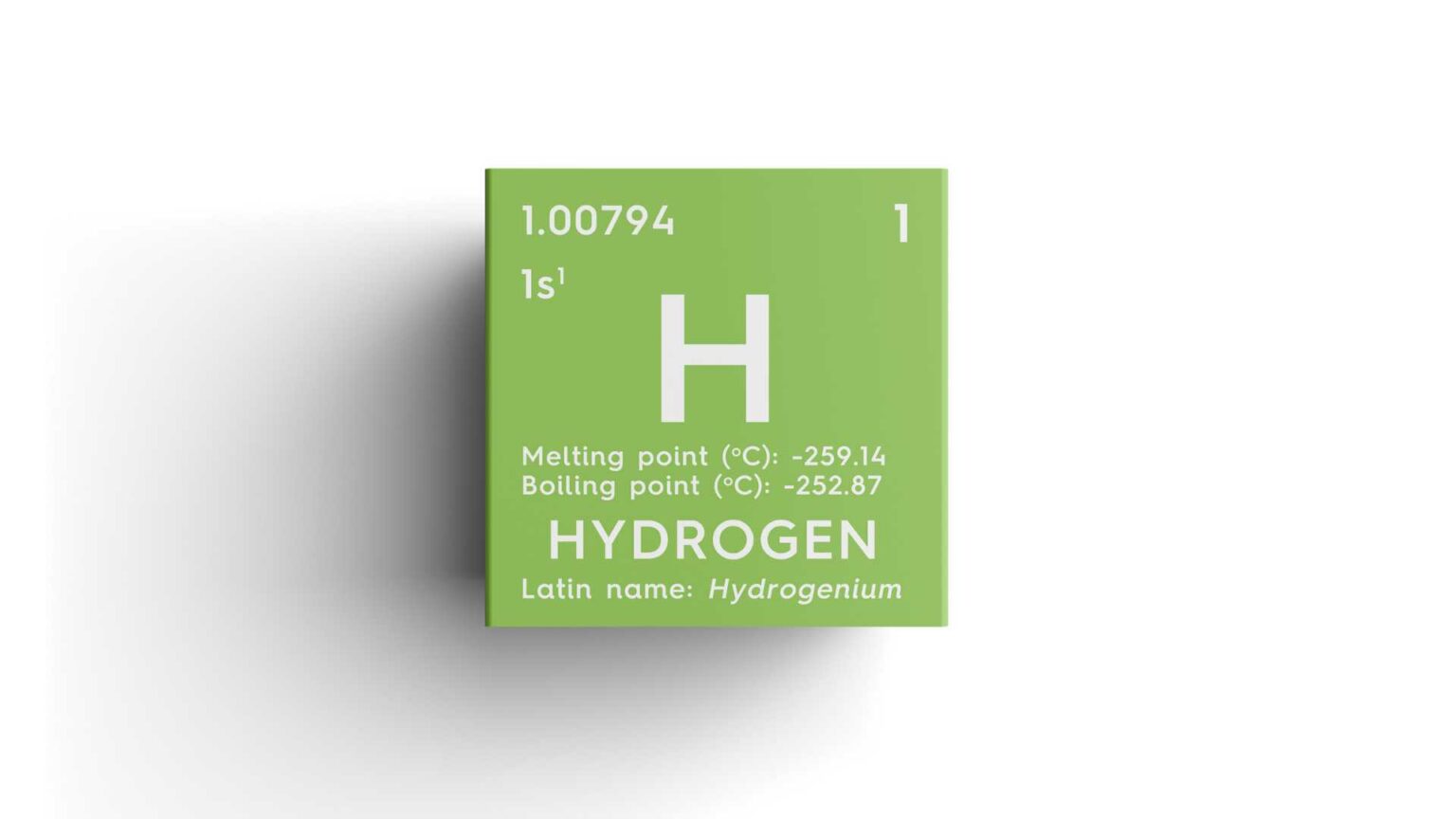PT Pertamina Hulu Energi (PHE) has been making strides in the exploration of Geologic Hydrogen, driven by its commitment to national energy security and the global push towards net-zero emissions.
Through participation in the Indonesia International Hydrogen Summit 2024, PHE has highlighted its efforts and vision for sustainable energy.
While PHE’s exploration activities in East Sulawesi Ophiolite, in collaboration with Pertamina University and the Geological Survey Center, are commendable, it is crucial to assess the feasibility and scalability of such projects. Countries like Mali, the United States, Australia, Spain, France, and Brazil have initiated similar explorations, providing a benchmark for PHE’s endeavors.
Globally, the hydrogen energy sector is witnessing significant advancements, particularly in the development of green hydrogen through electrolysis. Companies like Siemens Energy, ITM Power, and Linde have established themselves as leaders in this space, focusing on scalable and efficient production methods. In comparison, PHE’s focus on Geologic Hydrogen is innovative but less proven on a large scale.
Siemens Energy, for instance, has developed the Silyzer 300, a large-scale electrolyzer that integrates with renewable energy sources, providing a robust solution for green hydrogen production. ITM Power’s PEM electrolyzers are also recognized for their high efficiency and reliability. PHE’s success will depend on their ability to match or exceed these benchmarks in terms of efficiency, scalability, and cost-effectiveness.
The exploration and exploitation of Geologic Hydrogen offer potential environmental benefits, including reduced greenhouse gas emissions and enhanced energy security. However, the economic viability of such projects remains a critical consideration. The cost of extracting and processing Geologic Hydrogen must be competitive with other forms of hydrogen production to ensure commercial success.
PHE’s participation in the Indonesia International Hydrogen Summit 2024 and their alignment with the Emission Reduction roadmap for 2025-2034 demonstrate a commitment to environmental sustainability. However, achieving net-zero emissions and creating economic value will require substantial investments and technological advancements.
PHE’s adherence to Environmental, Social, and Governance (ESG) principles and their membership in the United Nations Global Compact (UNGC) reflect their commitment to sustainable business practices. Implementing the ISO 37001:2016 standard Anti-Bribery Management System (SMAP) and maintaining a bribery-free environment are commendable steps towards operational excellence.
However, the true measure of PHE’s success will be their ability to balance these governance principles with practical, scalable solutions for hydrogen production. Continuous innovation, prudent investment, and effective collaboration with stakeholders will be crucial in this regard.
